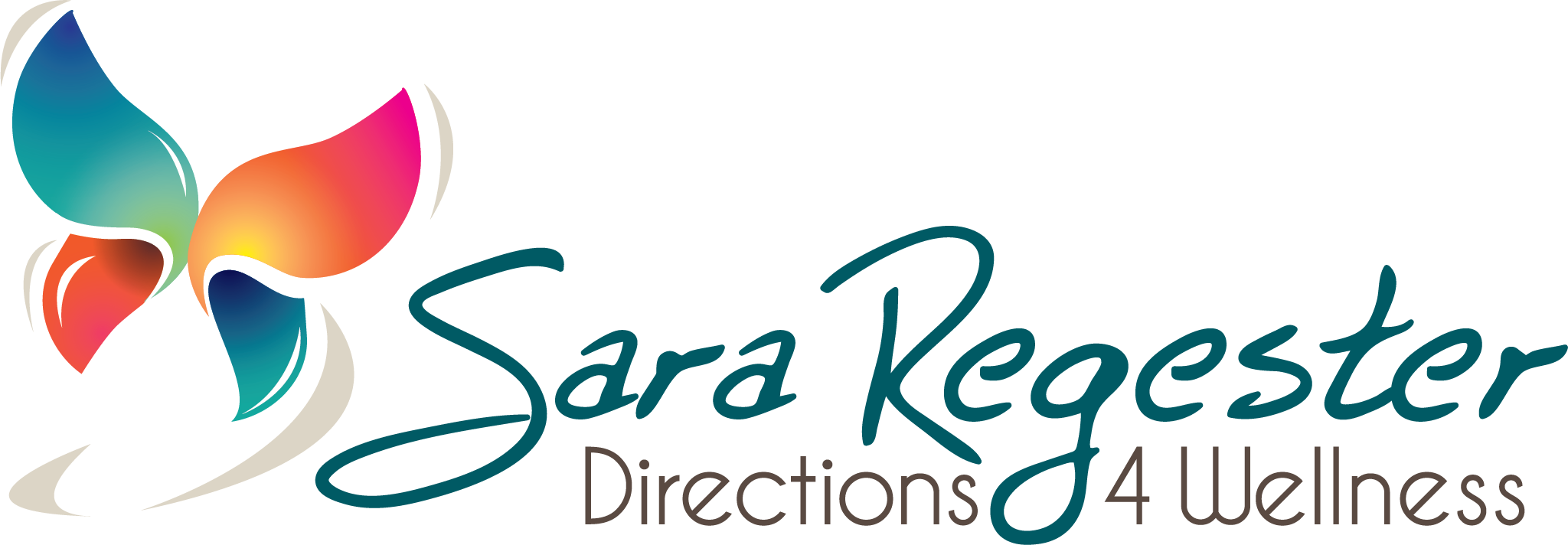I want to share an excerpt from my soon to be published book, “Revelations from a Stress Junkie: Finding Courage at the Edge of Your Comfort Zone.”
Co-Empowered Communication through Listening-Supporting-Challenging
One of the key steps when responding to stress triggers is to stay out of reactivity in your communication. It’s important to take responsibility for our actions and our words, rather than going into blame, judgement or defensiveness. It can be automatic to go into blame and not take responsibility for what is ours to do or be accountable for. We don’t want to enable and rescue others from what is within their scope to do. The expression “stay in your own lane” is the key for boundaries and developing co-empowered relationships. Discerning what is mine and what is yours is essential to not taking on other people’s stuff and to taking responsibility for what is your stuff.
The key component of co-empowered communication is to not control or micromanage the experiences of others, to not try to fix or problem solve other people’s challenges.
We can allow the other person to take responsibility for what is theirs to do, and to learn from their mistakes and gain their own insights and refinement opportunities from their actions. On the other hand, in our communication we may jump into reactivity and resistance, blaming others for what is our challenge. You can’t listen if you are busy reacting to what someone is saying!
Listener-Supporter-Challenger Technique
When talking with our kids, partner, parents or co-workers, we can shift out of our reactivity and fix-it mentality when we approach our communication with a mindful listening mode of staying focused on what the other person is saying. This takes practice, as we are breaking the old habit of formulating our response to another while they are communicating with us.
Learning how to listen, support and challenge in our communication with another will conserve our energy while empowering the other person to take responsibility for their own process.
We don’t need to fix their problems, offer advice, or share what happened to us as we simply hold space for another and listen, without thinking of our response or reacting in some way other than holding an attitude of nonjudgment and neutrality in our demeanor.
Listen: When we listen to another and really hear them, they feel heard and met. Our deepest listening is not only from the physical ears on our head, but also from our heart and our womb or gut, down in that power place in the belly. To be centered and listening from our core is being one-hearted in our mode of communication. This helps us to stay mentally and emotionally neutral and to be present without distraction while we listen. When we focus on only listening, we are not thinking or cultivating a response, we are not preparing a nugget of advice, or preparing a solution to offer. We are simply practicing the skill of listening fully to what the other person is saying. We are breathing and pausing, even in the simplest of communication exchange. There is no multitasking on any level.
Support: By listening, we can then support the other person as we stay neutral to hear their point of view. We are holding space with an attitude of non-judgement, even if we don’t agree with them. We are supporting them with an “I have your back” non-verbal energetic.
Challenge: Then we can challenge them. Here is where it’s important to self-manage our desire to fix and problem solve. Here is where we empower them to have their own experience and learning opportunity. We offer them a reflection that puts the action back onto the other person. We may say, “I hear you are in a tight spot. What is your plan to meet this deadline?” Or, “What are your options to get through this?” Or, “What are you learning from this?”
Practicing this listener-supporter-challenger mode of communication is not coming from a place that we don’t care. It is communicating that, “I trust that you have the courage to figure this out. I have your back you if you need my support, and I have faith that you will find your way through this in your own way.” Listening in this mode is communicating empathy, not sympathy, as sympathy can elicit pity and disempowerment. Empathy is what will empower another to meet adversity and personally grow from what they learn from the engagement.


Recent Comments